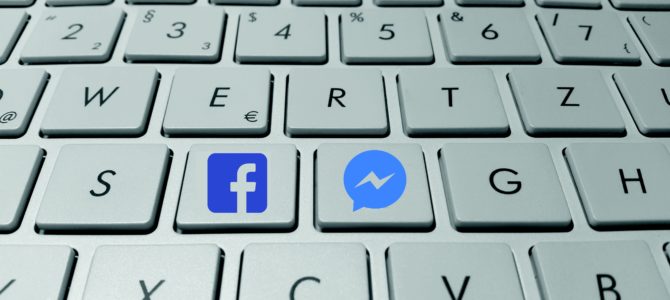Harvard’s recent decision to rescind the admittance of at least ten incoming freshmen has some rallying around the First Amendment.
The Harvard Crimson, Harvard’s main student newspaper, originally reported on the school denying admittance to a group of incoming freshmen because of their involvement in a private Facebook group. The group, a spin-off group message from an official “Harvard College Class of 2021” Facebook page, was used to send memes and other messages mocking sexual assault and the Holocaust, as well as make racially charged jokes.
The messaging group was at one point titled “Harvard memes for horny bourgeois teens.” Some of the jokes suggested abusing children was sexually arousing, and one called the hanging of a Mexican child “piñata time,” according to The Crimson.
Harvard’s decision to deny the students admittance, however, has some decrying the action as a violation of the students’ free speech. Boston Globe columnist Joan Vennochi said there is “something creepy about Harvard’s policing” of the student’s discussion, especially in light of the school’s 2017 commencement address centered around free speech.
What Vennochi is missing, however, is that consequences a private institution inflicts are not equal to government censorship. Shouts of “But free speech!” are often heard when a politically charged action receives public backlash. Comedian Kathy Griffin received a similar “free speech” defense when she was dropped from CNN’s New Year’s Eve lineup after the photograph of her holding the severed head of President Trump garnered public denouncement.
The First Amendment, however, only protects one’s right to say or do something absent government reprisal. It doesn’t protect someone from any social consequences. Harvard, as part of the private sphere, may admit any students it chooses. It has the right to not admit students whose values do not align with the school’s, and making racist and explicit jokes reflects the character of the students. That’s part of another First Amendment right, called free association. We have the right to choose with whom we will associate, free also of government coercion.
Although these jokes were sent over a private messaging group, many colleges check applicants’ social media, according to a Kaplan Test Prep survey. Social media presence can give colleges a good idea of a student’s character outside of the submitted essays and transcripts. Because the other members of this messaging group were also incoming Harvard freshmen, participants should have realized the chances of the contents leaking outside the group were high and behaved as it if were a public page.
Although these students have a right to share their jokes, Harvard has a right to not be associated with those jokes or people who make them. Waving the First Amendment flag only reflects the flag-bearer’s fundamental misunderstanding of the difference between government censorship and private consequences. So instead of hiding behind the First Amendment, call Harvard’s decision what it is—negative social consequences for bad behavior.









